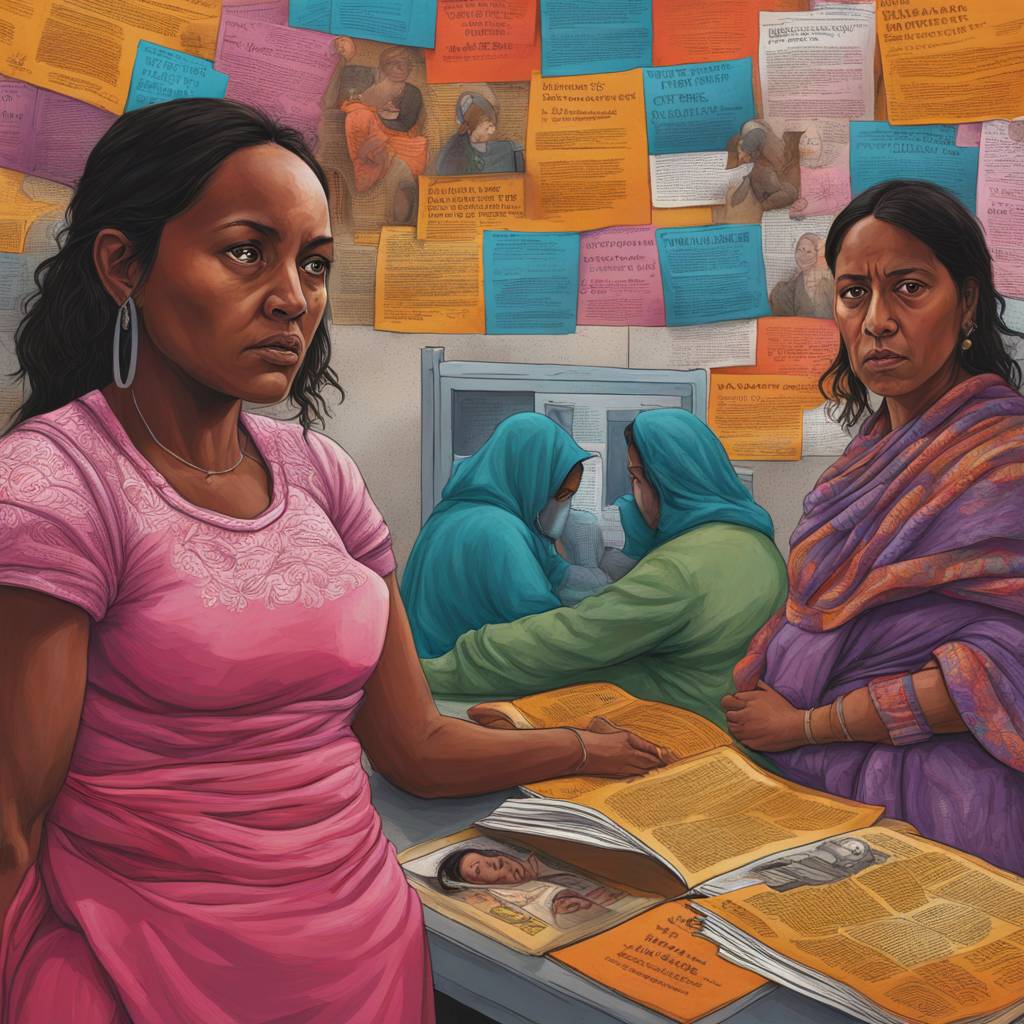The rise in irregular migration has provided the Gulf Cartel with a new opportunity for profit by kidnapping migrants for ransom and using sexual violence as a form of extortion. Multiple migrants have reported being threatened and assaulted by cartel members when they were unable to pay ransom. Organized crime groups have taken advantage of the long waiting periods that migrants face on the Mexican side of the border due to policies such as Title 42, the Remain in Mexico program, and the CBP One App process. Activist Jennifer Harbury has criticized these policies, stating that migrants, including vulnerable populations such as mothers with children and elderly individuals, are suffering as a result. Custom and Border Protection has defended their policies, claiming that they help process migrants efficiently and cut out smugglers, but some migrants disagree, noting how cartels are exploiting the situation to target and extort individuals waiting for their appointments.
The politics of abortion in the U.S. are affecting migrants who have been victims of sexual assault on their way to the border. A Honduran asylum-seeker, who had previously undergone a self-managed abortion, decided to help others in need by distributing doses of misoprostol, despite the legal risks involved. She provided the pills to another migrant who had recently arrived in Texas and learned that she was pregnant. By doing so, the Honduran migrant not only defied state law but also jeopardized her own immigration status in a state that is seeking to impose criminal penalties on migrants. Despite the risks, her desire to help others in a difficult situation overcame her fear, highlighting the challenges faced by migrants caught in the intersection of immigration and abortion policies in the U.S.
The exploitation of migrants by criminal organizations extends beyond physical violence and extortion to include a web of systemic abuse and manipulation. A Mexican woman who migrated to the U.S. due to escalating violence in her region described how cartels are targeting individuals traveling to immigration appointments and robbing them of their money and belongings. The cartels use appointments as an opportunity to deceive and harm migrants, demonstrating the breakdown of control and security in the border region. The combination of perilous conditions on the Mexican side of the border and the ruthless tactics of criminal groups has created a dangerous and chaotic environment for migrants seeking safety and a better life in the U.S.
The lack of adequate protections for migrants, particularly those who have experienced trauma or violence, underscores the failures of the immigration system to address the needs of vulnerable populations. Sexual assault survivors, pregnant individuals, and other marginalized groups face additional risks and challenges as they navigate the treacherous journey to the U.S. border. The intersecting policies of immigration, abortion, and law enforcement create a complex and perilous landscape for migrants, leaving them exposed to exploitation and harm at the hands of criminal organizations. The stories of resilience and defiance among migrants who choose to help others despite the risks highlight the strength and solidarity within migrant communities facing adversity and injustice.
The urgent need for comprehensive and compassionate immigration reform is underscored by the experiences of migrants who are victimized and exploited along their journey to seek safety and opportunity in the U.S. The intersection of criminal activity, immigration policies, and political dynamics creates a volatile and dangerous environment for vulnerable populations, leaving them at the mercy of ruthless actors who seek to profit from their suffering. Advocates and activists continue to raise awareness and demand accountability for the human rights violations committed against migrants, urging policymakers to prioritize the well-being and protection of those who are most at risk. The resilience and bravery of migrants who defy oppressive laws and systems to help others in need serve as a powerful reminder of the strength and compassion that exist within marginalized communities struggling for justice and dignity in the face of adversity.


